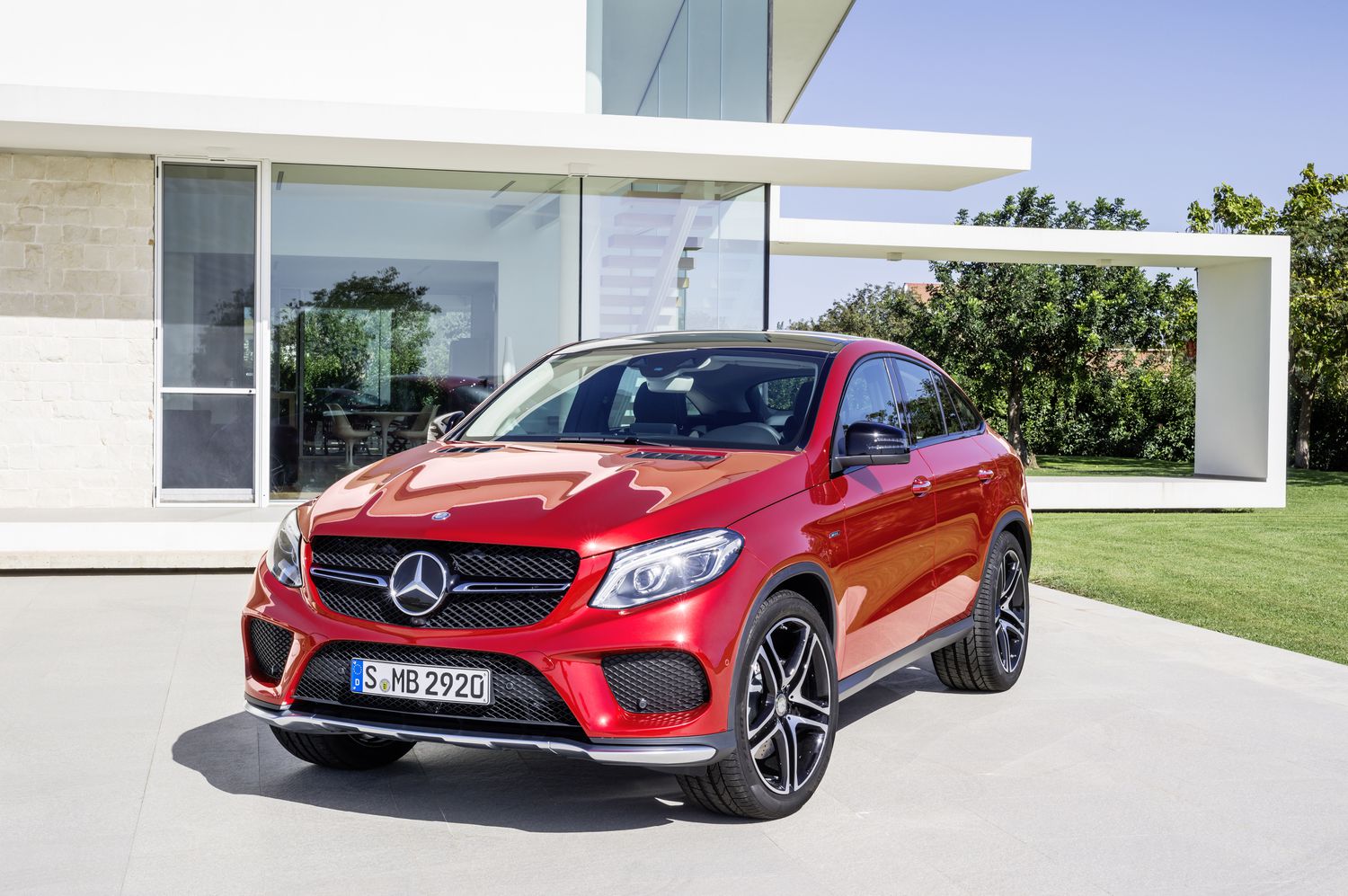How To Buy A Car In Ghana
Planning to buy a car in Ghana? This post provides a step-by-step guide, offering valuable insights into how to buy a car in Ghana, from choosing the right car to navigating legal requirements and ensuring a smooth buying experience.

How To Buy A Car In Ghana
Planning to buy a car in Ghana? This post provides a step-by-step guide, offering valuable insights into how to buy a car in Ghana, from choosing the right car to navigating legal requirements and ensuring a smooth buying experience.
Buying a car is an exciting venture, but it can also be a complex process, especially if you’re unfamiliar with the local regulations and procedures. If you’re planning to purchase a car in Ghana, this comprehensive guide is here to help. From understanding your needs to completing the legal formalities, we’ll walk you through the essential steps to ensure a successful car-buying experience.
How To Buy A Car In Ghana
- Define Your Needs and Budget: Begin by assessing your requirements and budget. Consider factors like the car’s purpose, size, fuel efficiency, maintenance costs, and your financial capacity. Determine whether you need a brand new or used car and set a realistic budget to guide your search.
- Research the Market: Explore the Ghanaian car market to understand the available options and their corresponding prices. Check online classifieds, local dealerships, and car review websites to gain insights into popular models, price ranges, and reputable sellers. Consider factors like reliability, resale value, and availability of spare parts.
- Inspect and Test Drive: Before finalising a purchase, inspect the car thoroughly. Look for signs of wear, damage, or previous accidents. It’s advisable to engage a trusted mechanic for a professional assessment. Schedule a test drive to evaluate the car’s performance, handling, and overall comfort.
MUST READ: How To Get A Citizenship In Ghana.
- Verify Vehicle Ownership and Documentation: Ensure the seller possesses legal ownership of the vehicle. Request necessary documents such as the vehicle’s registration certificate, roadworthy certificate, and insurance papers. Cross-check the details with the appropriate authorities to confirm authenticity.
- Negotiate and Finalise the Deal: When negotiating the price, be prepared to bargain. Research the fair market value of the car and use it as a reference. Pay attention to additional costs, such as taxes, transfer fees, and insurance. Once a deal is agreed upon, draft a sales agreement that clearly outlines the terms and conditions.
- Transfer Ownership: To transfer ownership legally, both the buyer and seller must visit the Ghana Revenue Authority (GRA) or the Driver and Vehicle Licensing Authority (DVLA). Bring the necessary documents, including the sales agreement, identification, and proof of address. Pay the required fees and taxes to complete the transfer.
- Insurance and Registration: Purchase comprehensive motor insurance to protect your investment. Compare quotes from different insurance providers to secure the best coverage. Register the vehicle with the DVLA and obtain the necessary licence plates and documents.
- Regular Maintenance and Service: Ensure the car receives regular maintenance to keep it in good condition. Find a reliable service center or mechanic for routine check-ups, oil changes, and repairs. Adhere to the manufacturer’s recommended maintenance schedule to prolong the vehicle’s lifespan.
Buying a car in Ghana involves careful planning, thorough research, and adherence to legal procedures. By following the steps outlined in this guide, you can navigate the car-buying process with confidence. Remember to define your needs, research the market, inspect the vehicle, verify documentation, negotiate the deal, transfer ownership, obtain insurance and registration, and prioritise regular maintenance. With these steps in mind, you’re well on your way to purchasing a car in Ghana successfully.





